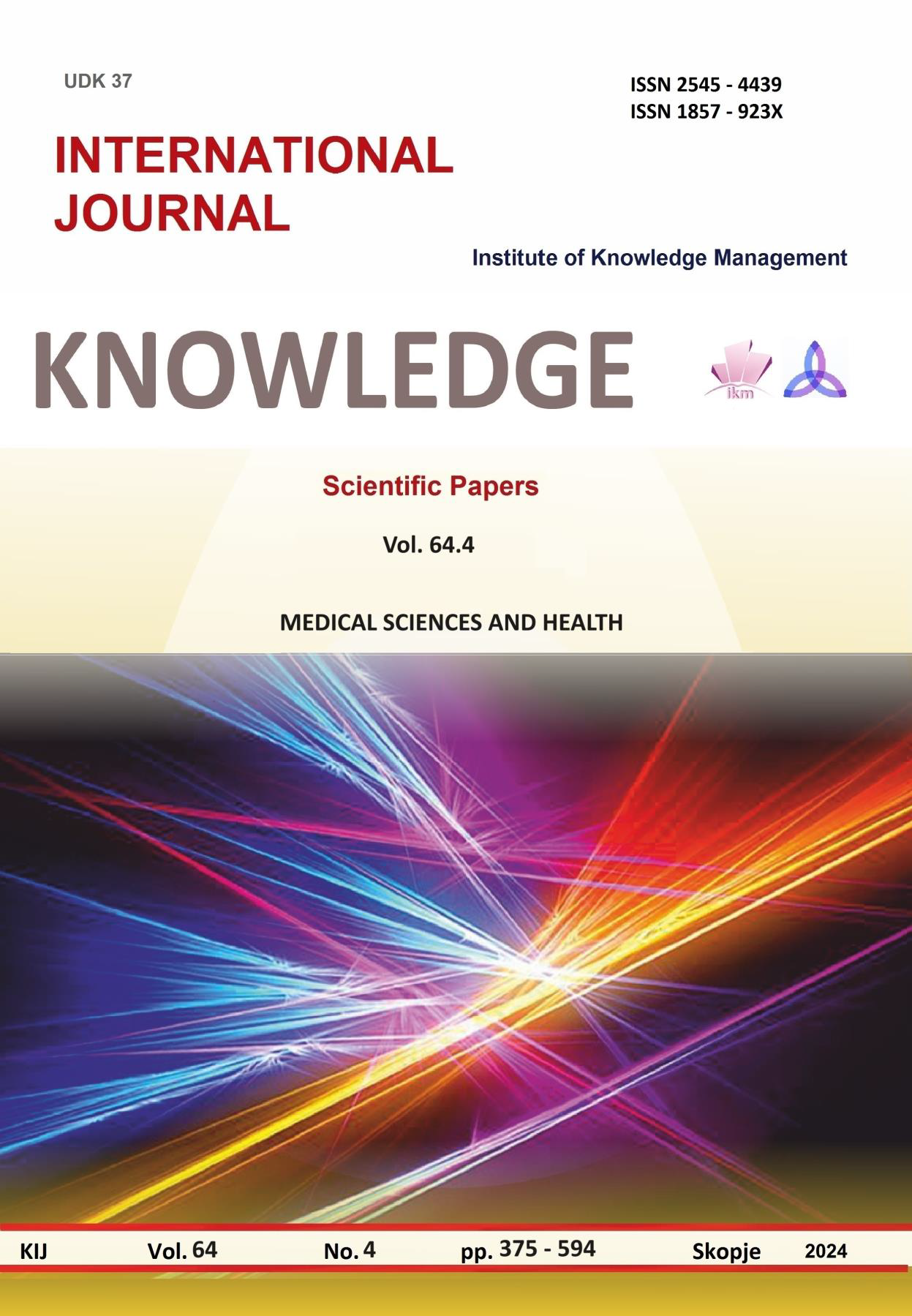THE IMPACT OF CLIMATE CHANGE-DRIVEN HYDROLOGICAL DISASTERS ON HOSPITAL RESILIENCE
THE IMPACT OF CLIMATE CHANGE-DRIVEN HYDROLOGICAL DISASTERS ON HOSPITAL RESILIENCE
Author(s): Mariya Georgieva, Rostislav Kostadinov, Elena ValkanovaSubject(s): Energy and Environmental Studies, Welfare services
Published by: Scientific Institute of Management and Knowledge
Keywords: hospital disaster resilience;climate change;hydrological disasters;floods;health risks
Summary/Abstract: The contemporary world is recording a steady increase in the frequency of hydrological disasters. Notwithstanding that most countries have declared their willingness to decrease harmful environmental emissions, the reality is that global warming is on a steady increase every year. The consequences are visible as newly higher temperature records worldwide and with unusual and prolonged floods and draughts. Climate change-induced hydrological disasters, such as floods pose significant challenges to the resilience of hospital infrastructure and healthcare delivery systems. These disasters have an extensive potential to disrupt hospital operations, overwhelm healthcare facilities, and exacerbate public health risks. This article aims to explore the ramifications of climate change-driven hydrological disasters on hospital resilience, employing an academic lens to analyze their possible negative implications. Descriptive and comparative methods were applied to analyze the available reports and group the recorded negative impact on static and operative hospital resilience due to climate change-driven hydrological disasters. There is consensus in the literature that climate change is amplifying the frequency and intensity of hydrological disasters worldwide, leading to more frequent and severe floods, heavy rains, and other water-related events. The altered precipitation patterns, rising sea levels, and increased temperatures associated with climate change contribute to the worsening of hydrological disasters, posing considerable threats to hospital infrastructure and operations. Hydrological disasters can have multifaceted impacts on hospital resilience. Some of the most frequently reported include: 1. Infrastructure Damage: Floodwaters and storm surges can cause structural damage to hospital buildings, disrupting essential services and compromising patient care. 2. Operational Disruptions: Power outages, supply chain disruptions, and transportation difficulties resulting from hydrological disasters can impede hospitals' ability to function effectively, leading to delays in patient treatment and evacuation challenges. 3. Increased Patient Load: Hydrological disasters often result in a surge of injured individuals seeking medical attention, overwhelming hospital capacity, and straining resources. 4. Health Risks: Floodwaters may introduce contaminants and pathogens into hospital premises, increasing the risk of waterborne diseases and infections among patients and healthcare workers. In conclusion, must be noted that climate change-driven hydrological disasters present a myriad of significant challenges to hospital resilience. Their negative impacts have the potential to severely jeopardize the healthcare provision to the population, necessitating proactive measures to enhance preparedness and mitigate risks.
Journal: Knowledge - International Journal
- Issue Year: 64/2024
- Issue No: 4
- Page Range: 557-561
- Page Count: 5
- Language: English

